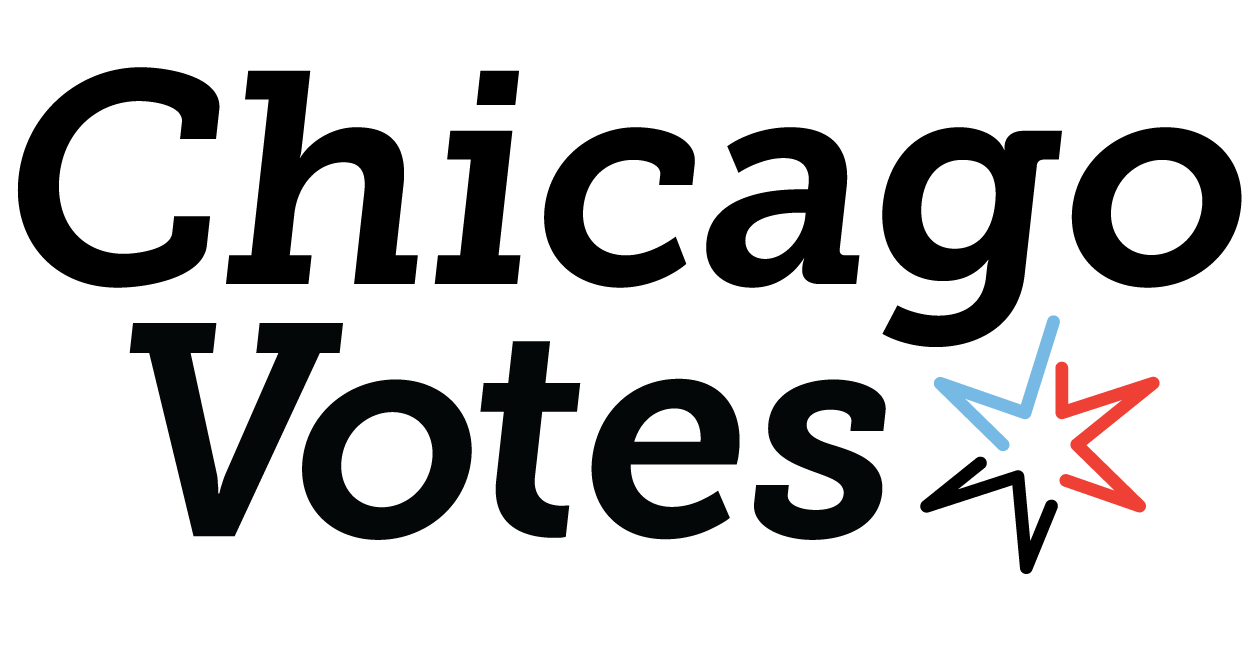By Caleb Dunson
This is a peculiar moment in time. We have only partially emerged from the COVID-19 pandemic, and we have yet to fully understand how it’s affected our country socially, politically, and economically. Donald Trump was defeated in 2020, and yet the threat of authoritarian control looms with his return and Florida Governor Ron Desantis eyeing the presidency. We have stood against dictatorship by sending military aid to Ukraine, but the coming months of the war, the results of which will alter the global democratic movement, seem the most decisive yet. In essence, we have lived through a series of history-defining events, and now we stand on the other side with the task of determining a way forward.
This moment is crucial. We must address the questions created and elevated in the past few years. How will we solve issues of inequality worsened by the pandemic? How will we fight back against politicians who seek to obscure history and oppress the disadvantaged? How will we build an economy that serves everyone? Because the answers to these questions are so consequential, we must take seriously the task of selecting people to answer them.
It might seem that the sole power to make key political decisions rests in the hands of our national representatives, but the people we choose to speak for us at the local level are just as, if not more, influential. They have the power to answer those crucial, nation-shaping questions, and to do so in a way that has a direct bearing on our day to day lives. They determine who can afford to live in the city, how our education system serves our youth, and how economic opportunity is distributed between our neighborhoods. They influence what our justice system looks like, how we offer mental health support, and who receives access to public health resources.
Because of this, the stakes are high in this election. The past four years have been marked by controversy, chaos and turmoil. We are trying to figure out how we will address the longstanding problem of police violence, how we will reduce crime without punitive measures, and how we will invest in the development of our underfunded neighborhoods. And we are doing this while trying to emerge from the pandemic as a world-class city. The leaders we elect today will preside over the effort to address these problems. They will set the priorities for our city and set us on a path toward a future Chicago.
This is not to say that voting will automatically solve all of our problems. It’s not a silver bullet. But nevertheless, it’s a crucial action among many that we all must take if we want to change our city. It’s an opportunity to voice our desire for a better Chicago, and we cannot waste it.
I am currently writing this from the United Kingdom. I ordered a mail-in ballot over a month ago and it never made it to this side of the Atlantic, so I have been disenfranchised in this election. This has reminded me of just how precious the vote is. Though I cannot vote this time around, I hope that you will. I hope that you will take the opportunity to have your say in the direction of this city, and to prove that when the community calls for change, it does come.
